內容目錄
In daily life, it is inevitable for everyone to take some medicines to relieve various discomforts such as colds, fever, headaches, stomach pains, and abdominal pains. But I don’t know if you have noticed that the medicines you usually take are in the form of granules, flakes, pills, capsules, etc. What is the difference between these different “shapes” of medicines? Will it affect the effect of the drug? Below, let’s find out together!

Drugs are divided into tablets, granules and capsules. What is the difference?
The choice of different dosage forms in the production process of medicines is mainly determined by the ingredients of the medicines, and different dosage forms will also have different curative effects.
Like sugar-coated tablets, the sugar coating is usually coated on the outer layer of the tablet to cover up the bitterness of the drug itself, making the drug easier to swallow, and at the same time effectively prolonging the effect of the drug to ensure that the drug does not Affected by light and moisture, it has good stability.

Drugs in granular or solution form are generally for the benefit of special populations If infants and young children have difficulty swallowing solid tablets, medicines specially formulated for children are made into granules or solutions to prevent infants and young children from choking.
In addition, there are also very common capsule dosage forms. The drug ingredients are generally complex, and when mixed together, they tend to give off a strong taste. At the same time, the capsule shell can also ensure that the medicine is not digested and decomposed by the strong acid stomach acid, and enters the stomach and intestines to exert the best therapeutic effect.
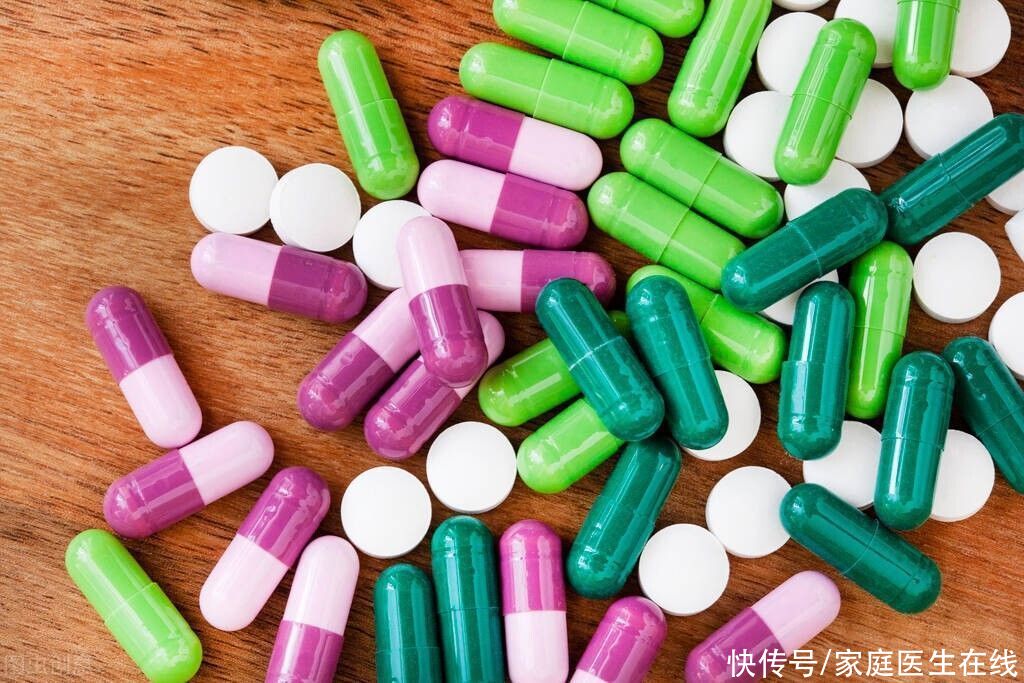
Will the efficacy of the medicine be affected if the capsule does not eat the shell?
When it comes to capsules, many people have had such a question: Can the outer shell of the capsule be broken open, and only the medicine inside can be eaten, and can the capsule be thrown away?
The answer is, not recommended. When taking capsules without the shell, it is likely that the ingredients of the drug will be affected by moisture, air and light, which will reduce the stability of the drug; Smell, it is easy to reduce the patient’s compliance with treatment; some granules or powder medicine in the capsule may irritate the throat, if the shell is removed, it can directly stimulate the throat, resulting in adverse reactions such as vomiting, and may also cause problems such as anorexia.
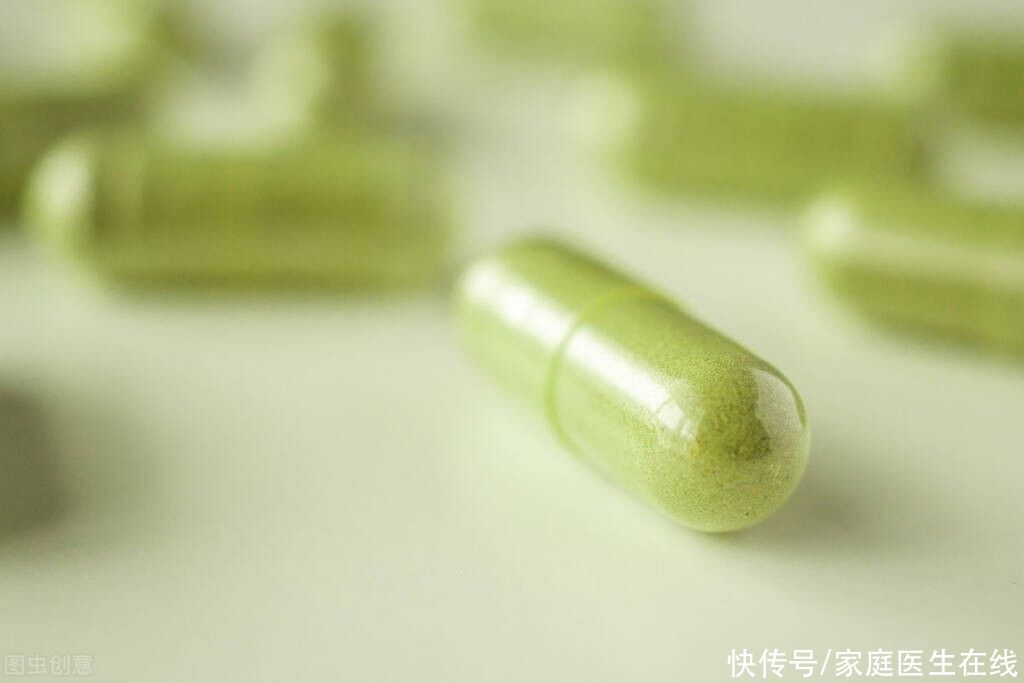
Which capsules must not be shelled?
As mentioned above, removing the shell of the capsule can affect the taste, affect the stability, and reduce the effect of the drug. Generally, doctors do not recommend taking it open. In particular, the following three capsule medicines are absolutely not edible:
1. Controlled-release capsules
Controlled-release capsules act on specific tissues and organs in a controlled manner. Eating them after shelling can’t achieve controlled-release effects at all, and naturally cannot achieve the effect of treating diseases.
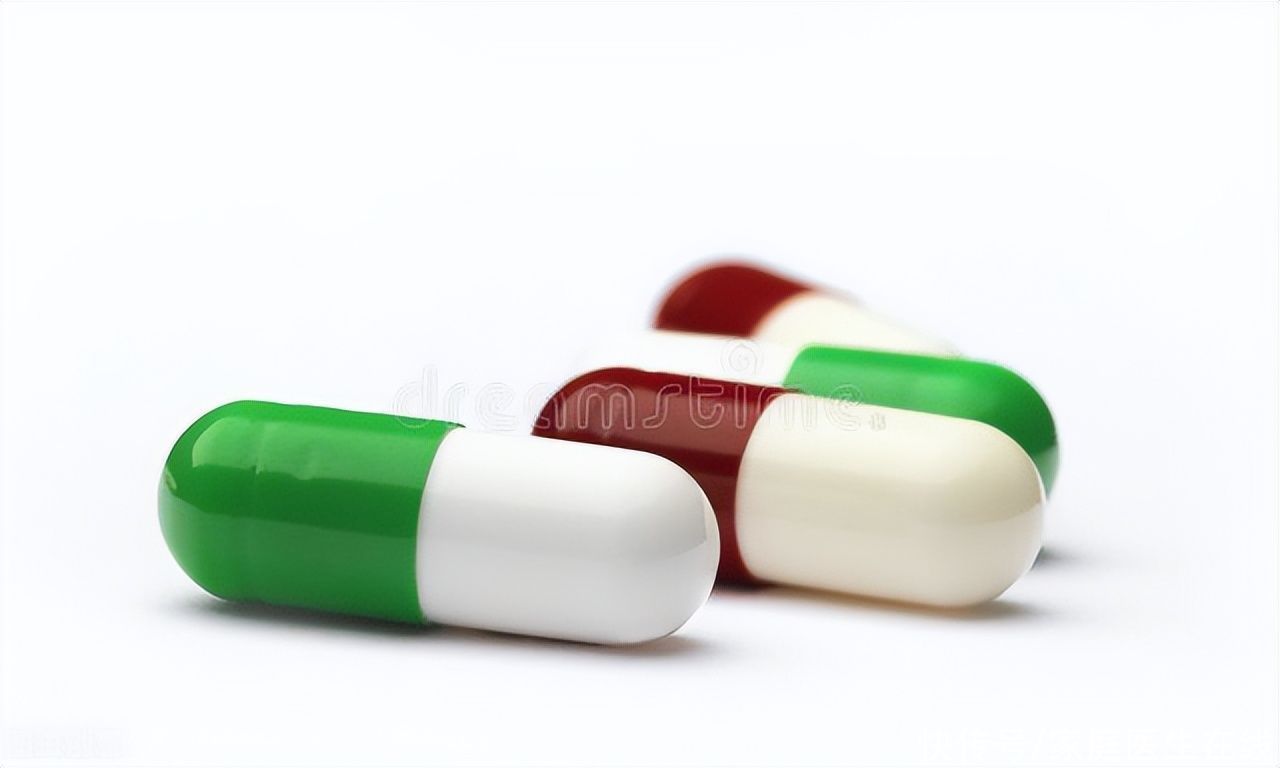
2. Enteric-coated capsules< /p>
Enteric-coated capsules need to be dissolved in the alkaline environment of the intestinal tract. If the shell is removed directly, the enteric-coated capsule will be destroyed. Especially like erythromycin enteric-coated capsules, the capsule shell prevents the drug from being dissolved and absorbed in the stomach, and is only dissolved and absorbed when it enters the intestinal tract, preventing the stomach from being stimulated and reducing adverse reactions in the upper gastrointestinal tract.
3. Sustained-release capsules
The reason why ordinary drugs are made into slow-release capsules , is to make the drug action through the capsule slow release, make a whole day’s dose into one capsule. After opening the capsule, the sustained-release effect will be weakened, so that the drug will be absorbed quickly, which may easily lead to overdose and bring adverse reactions to the body. Now there are advanced sustained-release capsules in clinical practice, such as ibuprofen sustained-release capsules. Although the shell has no effect, the particles have immediate-release and sustained-release effects, and direct consumption will affect the sustained-release effect.
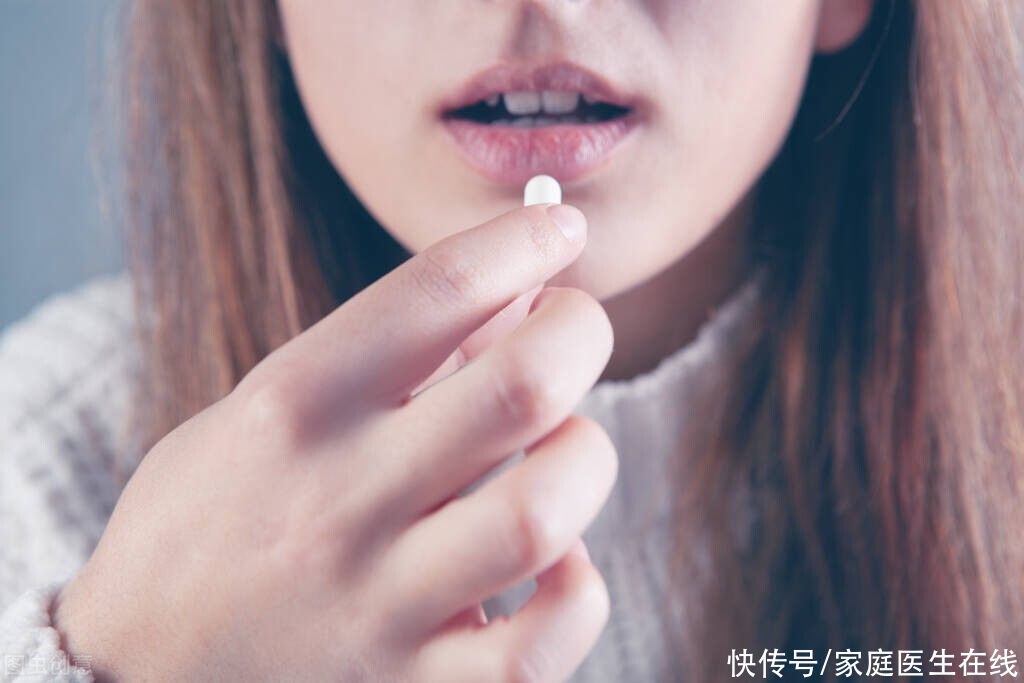
The correct posture for taking capsules
Eat capsules Do not swallow dry or forcibly, as this may lead to esophagus damage, and even if it accidentally enters the trachea, it can be life-threatening. The correct way to take the capsules should be: bow your head slightly and use the force of the pharynx to squeeze the capsules into the body.
In addition, it should be noted that the water for taking the capsules should not be overheated, otherwise the capsules will be melted in advance, affecting the taste and efficacy; it is not advisable to lie down immediately after eating the capsules; Capsule-dissolving drugs need to be taken on an empty stomach and cannot be taken with other foods, otherwise the stability of the drug may be affected.
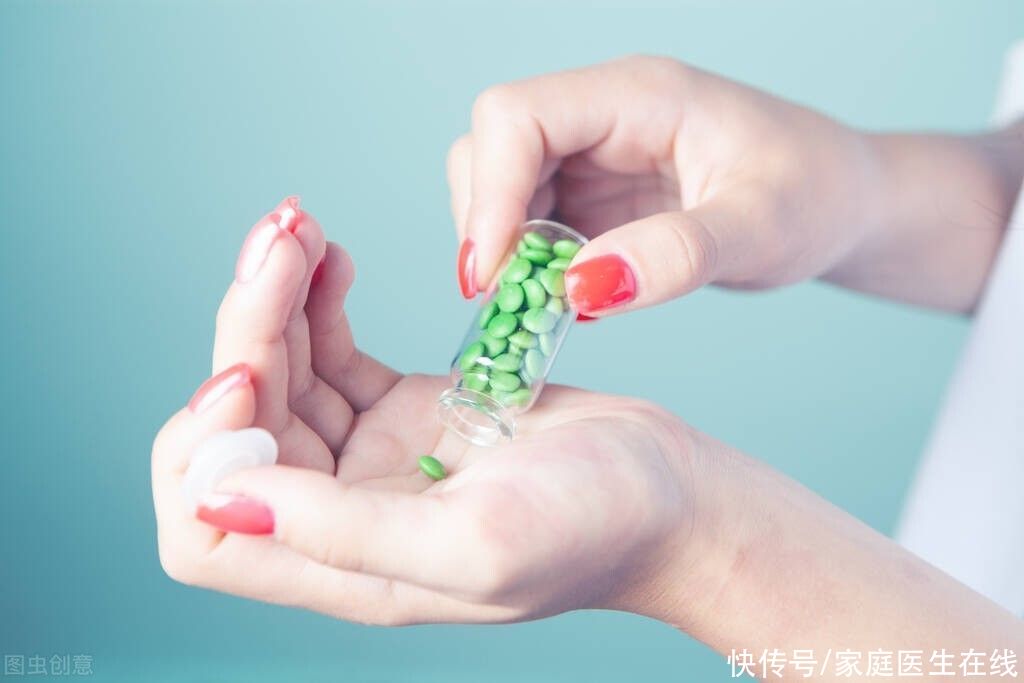
< h1>Message from the doctor
When taking medicines by yourself to deal with minor problems in the body, it is recommended that you pay more attention to the difference in the dosage form of medicines when choosing and taking medicines, and strictly abide by the instructions for taking medicines And medication contraindications, so as to maximize the effectiveness of the drug, the disease will be cured faster.
Family doctor online feature, unauthorized reprint